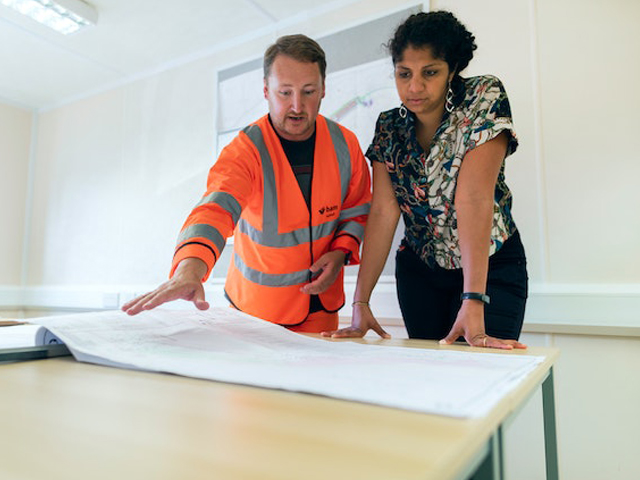
Embarking on a career as an Environmental Consultant can be a rewarding and dynamic journey, filled with a myriad of opportunities for growth and impact. This profession sits at the crossroads of science, policy, and business, enabling you to make a significant contribution to environmental protection while simultaneously developing a broad skillset. Understanding the landscape of this field, the qualifications required, and the pathways to success are crucial first steps to jumpstart your career.
In this guide, we will provide insights and information to help you navigate your way into a fulfilling career in environmental consultancy.
Acquire Relevant Education
Typically, a bachelor's degree in environmental science, engineering, or a related field is a minimum requirement. Some positions may require advanced degrees or specialized certifications. Consider completing an internship or apprenticeship to gain hands-on experience while still in school. You can also look into specialized certifications, such as those offered by the National Registry of Environmental Professionals (NREP).
Finally, expanding your knowledge base beyond technical competency is essential for success in this field - sharpen your business acumen and explore courses related to communication, project management, and other soft skills.
Gain Practical Experience
Internships, part-time jobs, or volunteering in environmental projects or organizations can provide valuable hands-on experience and networking opportunities. For instance, with a plethora of environmental consulting firms’ jobs posted on job boards such as Indeed and Glassdoor, it's easy to find internships or entry-level jobs to gain the necessary experience. If you can, work under a mentor who can guide you through complex projects while providing helpful advice and insights. Additionally, develop a strong understanding of industry best practices in environmental consulting – this will give your resume an edge when applying for jobs.
Specialize in a Subfield
The environmental consulting field is broad and diverse. It might be beneficial to specialize in an area such as waste management, impact assessment, or remediation strategies to stand out in the job market. Take the time to research and understand the various disciplines in environmental consulting and decide which one you’d like to pursue. If you already have experience in a certain field, consider obtaining additional certifications or training that will supplement your existing industry knowledge. This will help employers recognize your unique skillset and provide credibility when applying for jobs.
Develop a Professional Network
Attending industry conferences, participating in professional organizations, and leveraging social media platforms can help you connect with industry professionals and potential employers. Networking is a great way to stay up-to-date with industry trends and build relationships with potential employers. Furthermore, it also provides an opportunity to showcase your skillset and learn from the experiences of other environmental consultants. The insights and perspectives gained from networking can be invaluable when it comes to crafting your job search strategy.

Stay Informed
Environmental policy and technology are rapidly evolving fields. Keeping up-to-date with the latest trends, breakthroughs, and regulations can help you stay competitive in the job market. Look into joining industry news outlets such as ‘Environmental Science & Technology’ and regularly follow governmental agencies like the EPA for updates on new policies, regulations, and initiatives.
Additionally, if you already have experience in a certain field, it can be helpful to stay up-to-date with the latest research or publications related to that area. This will not only provide you with a greater understanding of the field, but it will also demonstrate your interest and commitment to the profession.
Embarking and thriving in the field of environmental consulting can be a rewarding, worthwhile journey. Though challenging, the efforts put into cultivating a robust educational background, gaining practical experience, honing a specialization, building a professional network, and staying informed about industry changes are well worth it. These steps will help you develop into a competent, sought-after professional capable of making significant contributions to environmental protection and sustainability.
Remember, the journey of becoming an environmental consultant is a marathon, not a sprint. The world needs more passionate individuals like you who are committed to creating a sustainable future.











